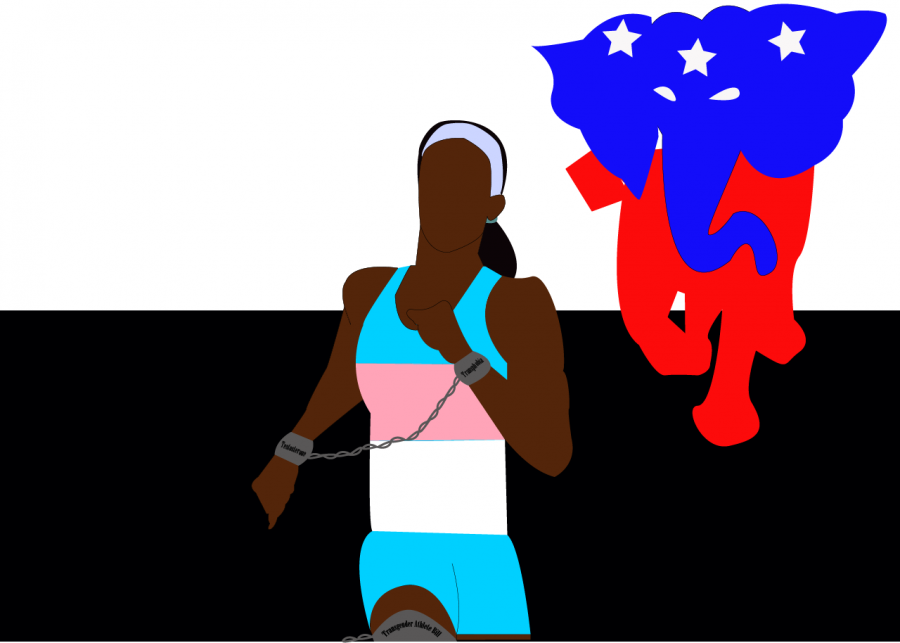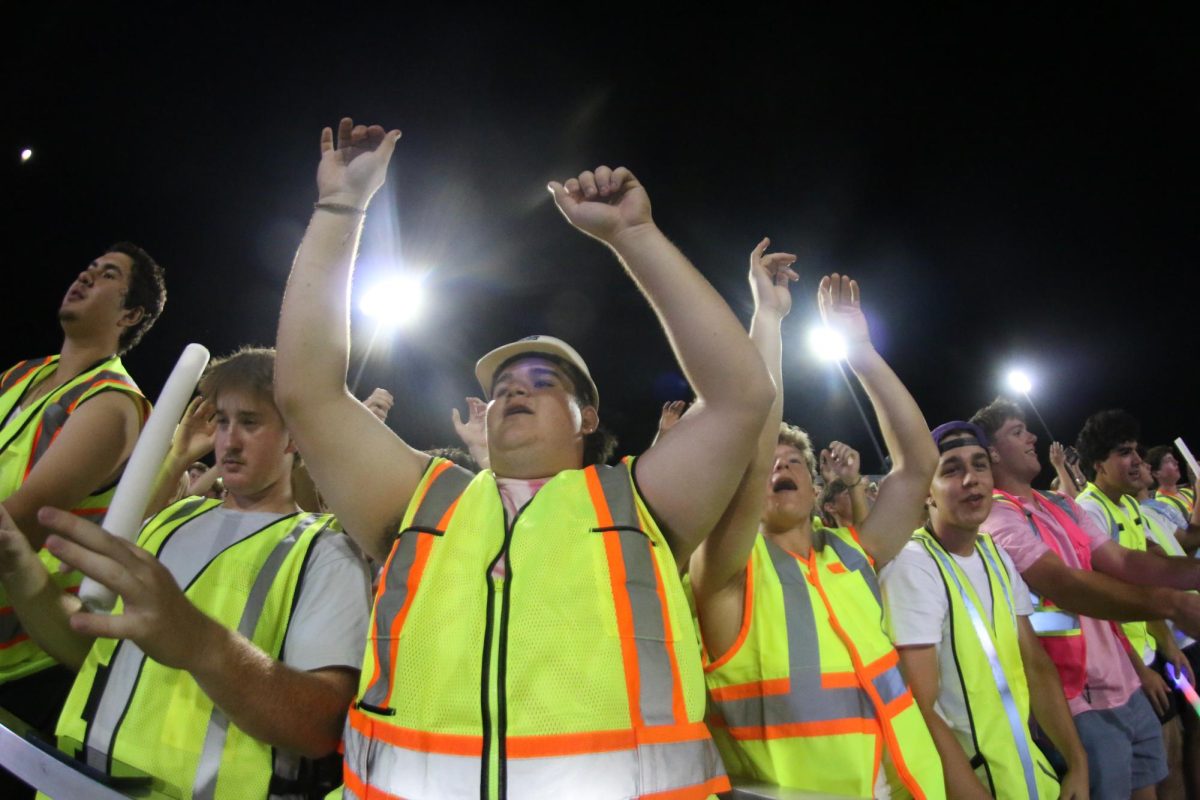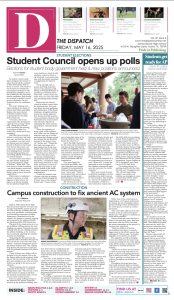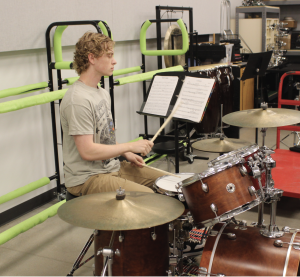Bills limit transgender student-athletes
The bills are designed to affect transgender student-athletes from kindergarten through college in Texas public schools.
November 12, 2021
Transgender athletes can only play sports assigned to them at birth due to two new bills
Two new bills disallowing transgender students’ participation in sports were passed through legislation on July 14. The bills would allow transgender athletes to only participate in sports that correspond to their sex at birth. However, groups who support LBGTQ rights are uniting and protesting against the bill so that transgender athletes can participate in their non-biological sport.
Senator Charles Perry, the author of the bill, also voiced his worry for people that might change their gender marker on their birth certificate to bypass the bills and cause an unfair advantage to school sports. Perry also stated that failure to pass the bills would hurt women’s sports and cause safety risks for student-athletes.
“I think that it is unfair that transgender athletes participating in women’s sports because men and women are built differently,” junior Chazon Mingarine said. “Men generally have better upper body strength while women have better lower body strength.”
Three Democratic senators wanted the bills not to pass. They stating that it isn’t an issue that needs to be resolved right now. Most Republican senators, however, state that it brings an unfair advantage to sports and needs to be changed as soon as possible, especially in high schools.
“I think the bill is unnecessary,” Mingarine said. “It should be up to the school district because if the government passes the bills it will probably cause controversy that can easily be avoided if they just let the school district make the decision.”
The bills are designed to affect transgender student-athletes from kindergarten through college in Texas public schools. Republican senators also tried introducing four new bills which similarly attempted to disallow transgender student-athlete participation in sports, the bills failed to pass through committee.
“I think transgender athletes will always be controversial among schools,” junior varsity football athlete Ethan McMahon said. “Losing to a transgender athlete in any sport would be unfair because of how men and women are different physically.”
The bills are also designed to mainly affect transgender women and not transgender men as much due to safety hazards and other advantages or disadvantages it could bring. This brought a lot of controversy during the hearing and resulted in many parents who have transgender children appear in court to testify against the bills.
“It sucks that so many students that depend on sports to help them emotionally and physically are now [assuming the transgender athlete bills pass] being forced to stop competing in sports,” McMahon said.
“While it doesn’t affect most student-athletes, it still sucks that the bills disregard what the transgender athletes might be feeling and how much they’re lives will be affected.”
Both bills passed with only three Senate Democrats voting against them. The senators also attempted to pass SB-2 which would allow students to sue schools or any public higher education that violated the bills. SB-2 has not yet been passed through legislation.
“I think the bills bring more problems than it solves,” Mingarine said. “Now coaches may need to ask for a birth certificate from students to show what gender they were assigned at birth. This could also bring controversy from students or parents who might not want coaches to know certain information.”
During one of the hearings, a parent to a seven-year-old transgender student stayed in court for 20 hours defending her daughter and her gender identification. The parent also stated that if the bill does pass it will be impossible for her daughter to compete in sports.
“It’s just terrible that people can be so advocate about something just for it just ignored by senators and representatives,” Mingarine said. “If people are taking this much time out of their day to defend and try and stop the bills from being passed, I think it’s a sign that something needs to change or even stay the same.”
Many LGBTQ advocates voiced their opinions through protests and other ways such as petitions and posts on different social media sites to spread the word against the unfairness of the bills.
“The people that the transgender athlete bill affects should be the ones voicing their opinions,” McMahon said. “It shouldn’t be up to representatives who could pass a bill that doesn’t even apply to them. Make it make sense.”








